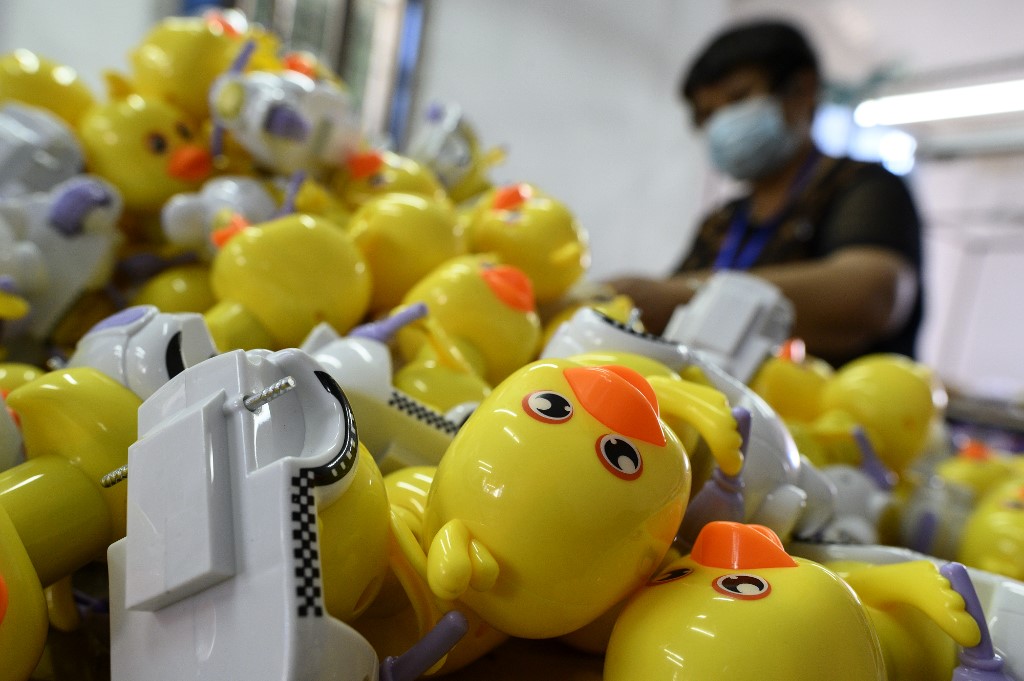(ATF) China’s inflation data showed weaker than expected readings on Wednesday as food and oil prices fell sharply, but analysts said the moderation will give the central bank more room to ease monetary conditions, which will also be supportive of the country’s massive bond programme.
China’s headline CPI inflation in May fell 2.4% from the previous year and 3.3% from April. Ahead of the data release, the consensus was for a 2.7% reading. The Producer Price Index (PPI) in May fell to a weaker than expected -3.7% from a year earlier, according to the National Bureau of Statistics (NBS). This was deeper than the -3.1% contraction in April.
“We believe falling CPI inflation and continued PPI deflation will provide Beijing with more space to implement policy stimulus to offset the impact of Covid-19 on the economy. The larger-than-expected drop in inflation could also alleviate some recent fears in the bond markets,” Ting Lu, Nomura’s chief China economist, said.
The country has been anxious to bounce back from a historic contraction in growth in the first three months as the coronavirus outbreak brought activity to a near-standstill while authorities worked to curb its spread.
But the march of the virus around the world, hammering the global economy, has hit demand across many of China’s key trading partners, forcing companies to charge less for their products.
Dong Lijuan, a senior statistician at the Statistics Bureau, said on Wednesday the PPI drop was influenced by a fall in prices in the oil industry and other major commodities.
Decline in raw materials, goods and demand
Another key factor behind the easing of consumer prices is China’s slowing food price inflation, Dong said, with more fresh produce entering the market and an increase in pork supply.
More falls are expected in the medium term.
“We expect CPI inflation to decline further, but at a much milder pace, in coming months, as pork prices continue to ease on rising pig stocks,” Barclays economists said in a note, but they added that PPI deflation would ease further in coming months.
Consumer inflation had remained close to eight-year highs in the earlier part of 2020, and pork prices have been soaring after the country’s herds were ravaged by African swine fever that saw millions of pigs culled.
The price of pork – a staple meat in China – rose 81.7% on-year last month, down from a 96.9% rise in April and 116.4% spike in March.
Core inflation – which excludes food and energy – should stop declining soon as consumer spending strengthens, Martin Rasmussen of Capital Economics said, while a pick-up in infrastructure construction looks set to drive a rebound in producer prices, which are highly correlated with commodity prices.
Still a massive bond issuance programme with 4-trillion yuan worth of bonds in the current quarter, market conditions will be kept easy. This month, the People’s Bank of China set aside 400 billion yuan ($56 billion) to buy loans from eligible banks, in a bid to boost lending to small businesses hard-hit by the pandemic.
“Should market liquidity weigh on bond issuance, we believe PBoC will accommodate the large bond supply with prevailing tools such as MLF injections, reserve requirement ratio cuts, and window guidance to keep interbank liquidity largely stable,” Morgan Stanley analysts said in a note.
With additional reporting by AFP
























